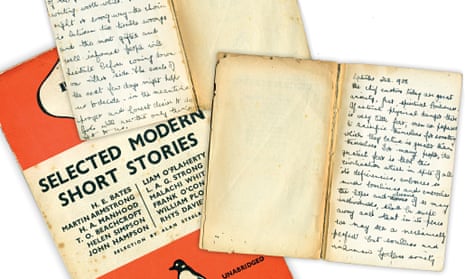It remains one of the paradoxes of publishing that while the popularity of essays and shortform writing (or longform journalism) multiplies online, short stories – as books or ebooks – remain one of the hardest sells around. Everyone seems to have time for the latest political thinkpiece or tech industry encomium, but few people spend a comparable time with short fiction.
Manchester-based Comma Press specialises in short stories, so this paradox is something it’s interested in addressing. Comma has always been experimental, starting as an artists’ group and developing by publishing small booklets and anthologies of new writers. Now it is launching MacGuffin , a self-publishing platform for fiction, essays and poetry, as text and audio. The clean, minimalist interface echoes popular blogging platforms, and visitors are encouraged to search for something to read by theme and length: trending tags at time of writing included #crime, #humour and #10minuteread. Currently in beta on the web and launching mobile apps in the next couple of months, the site already contains plenty of stories from Comma’s own authors.
The subtle joke in MacGuffin’s name – tricking busy online readers into spending time with fiction through interaction and ease-of-use – might also point to its most interesting feature. Alongside every story published are its open analytics, visible to both author and readers. Mercilessly, these detail the exact number of people who have opened a story, and the number of people who actually finish it. They even display a chart of exactly when each reader stopped reading: which, while painful, does give writers the chance to test their narrative structure. Whether this will prove a digital innovation too far for more sensitive writers remains to be seen, but if MacGuffin does take off, mining this data for insights into human attention might be one of the smartest things any publisher has done in some time.

Comments (…)
Sign in or create your Guardian account to join the discussion